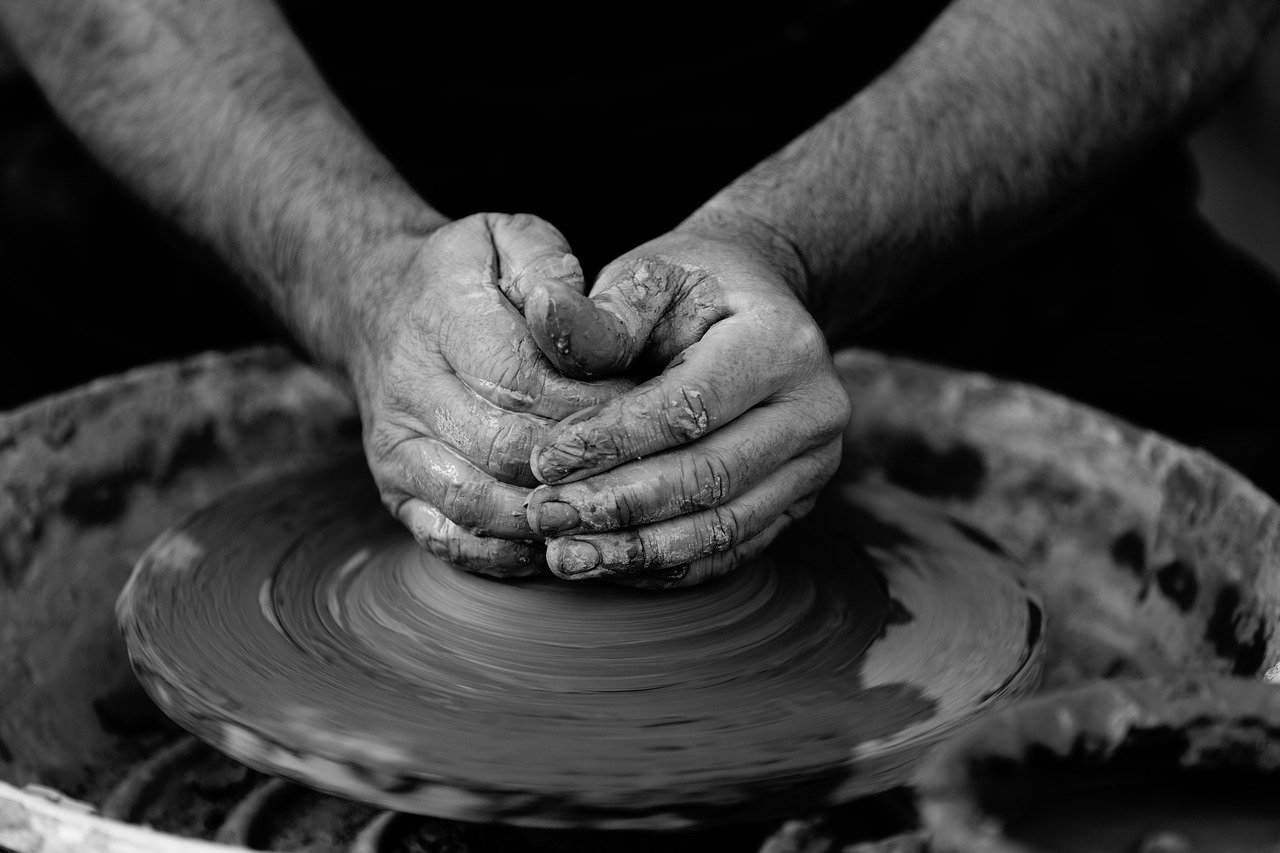Find good work and do it well. That’s useful advice for graduates. Work is an important part of life. This does not mean that you should toil like a slave. But you should avoid the fantasy of living without working.
As with most things, moderation is crucial. Drudgery is dehumanizing. So too is idleness. Our lifelong task is to engage in meaningful activity. We do that by building, learning, and creating.
Our culture confuses us about this. On the one hand, the overachievers brag about how busy they are. They boast of their exhaustion and gloat about their stamina. These folks spin their wheels, making the rest of us feel lazy and incompetent.
On the other hand, the underachievers prefer the sofa to the treadmill. These are the folks who dream of a life of loafing. Some clever slackers manage to make malingering a way of life. Their indolence makes the rest of us wonder why we bother.
Each extreme undermines our humanity. The rat race turns human beings into rodents. And the lazy loafers are called couch potatoes. A good life is lived in the middle, with enough work to provide us with purpose and enough leisure to provide enjoyment.
Inequality can cause us to misunderstand the value of work. The fortunate few live luxurious lives without breaking a sweat. The eager beavers dream of joining that elite. But most will slave away, feeling that the golden ring is just out of reach. Meanwhile, those at the bottom live a precarious existence. There are a few safety nets. But a crisis or emergency can create a vicious spiral that ends in despair.
In the background is advertising that tell us that wealth is about luck rather than labor. Billboards promote casinos. Online betting is common. And every convenience store sells lottery tickets. Casino fantasies fuel the stock market, cryptocurrency, and NFTs (non-fungible tokens). This is a world where wealth is disconnected from work. The recent decline of stocks and the collapse of crypto reminds us that bubbles burst.
The housing crisis reveals a similar problem. The affluent own vacation homes, while the unhoused sleep on the streets. The value of a house is not determined by its usefulness in providing shelter. Rather, it is determined by a market based on borrowed money.
The credit industry loves this, of course. Debt becomes a way of life. And interest payments chain us to the treadmill.
A further problem is the fantasy of “the dream job.” In reality, there is no such thing. Some jobs are better than others. But the grass is always greener somewhere else. It is wiser to stop dreaming. Put down roots and bloom where you’re planted. Unfulfilled desire breeds resentment.
In a way, the animals have it easier. The bee makes its honey without asking questions. The bird builds its nest without complaint. But we compare our lives to others. We want sweeter honey and a bigger nest. And we are quick to complain.
But complaining does not produce happiness. This is a central idea of ancient Stoicism. Everyone has a job to do. Take pride in doing your duty. This is not always pleasant. Rather, the happiness of work comes from a sense of achievement.
The Stoics said that the only bad jobs are those that exploit and degrade humanity. Prostitution comes to mind as an example. Good work, on the other hand, helps us develop our human capacities.
Artists and scientists can easily find meaning in their work. But so too can gardeners, plumbers, and accountants. You don’t have to win the Nobel Prize to live a good life. You only have to contribute to the common good. At the end of the day, you want to be proud of your work. And at the end of your career, you want to be able to say that I did my job and left the world better for my efforts.
The quality of our lives is not determined by how much we earn or what we own. Happiness is not produced by running on the treadmill. Nor does it come from loafing on the couch. Rather, happiness is created when we find good work and do it well.
Read more at: https://www.fresnobee.com/opinion/readers-opinion/article261627322.html#storylink=cpy


